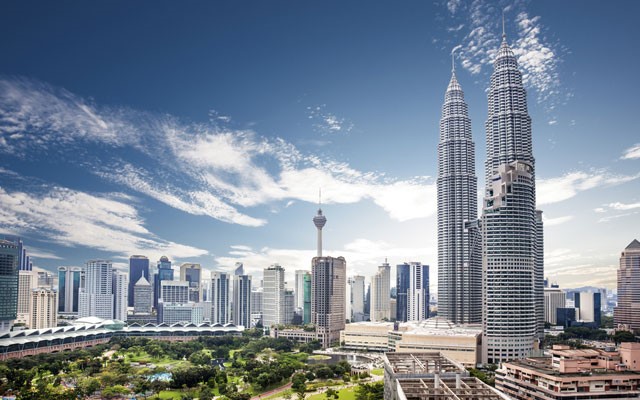The governments of Malaysia and Indonesia have agreed to implement a travel corridor between the two countries in stages.
Priority will be given to fully vaccinated individuals travelling for business, medical or humanitarian purposes, said Malaysia’s prime minister, Ismail Sabri Yaakob, in a joint press conference on Wednesday (November 10) with Indonesian president Joko Widodo at Istana Bogor in conjunction with his three-day inaugural official visit which began on Tuesday.
Malaysia prepares to reopen to foreign visitors by January 1
“Reopening borders in a safe manner is important in balancing between the need to open up and redevelop the economy and maintain aspects of public health security and control,” said Ismail Sabri.
He added that the travel corridor arrangement may start between Kuala Lumpur and Jakarta, as well as Bali.
Further details on the reopening of the border between Malaysia and Indonesia will be issued in a joint statement at a later date.
Earlier this week, Malaysia and Singapore agreed to launch a vaccinated travel lane (VTL) between the two countries, with six daily designated flights between Changi Airport and Kuala Lumpur International Airport, from November 29.
Under the VTL, fully vaccinated travellers will be able to travel between Singapore and Malaysia, and be subjected to Covid-19 tests in lieu of serving quarantine or stay-home notice.
Malaysian high commissioner to Singapore, Azfar Mohamad Mustafar, said the relevant agencies in Malaysia and Singapore are ironing out related issues such as Covid-19 testing regimes and cross-border processes, The Star reported.
Malaysia’s borders are also expected to reopen to foreign visitors from many more countries, latest by January 1, 2022.
National Recovery Council chairman, Muhyiddin Yassin, gave this assurance on Thursday, after taking into consideration the achievements of the Covid-19 National Immunisation Programme.
“In general, I’m satisfied with the development, particularly in the trend of daily positive cases, deaths, admissions of patients under Categories 3 to 5 in hospitals and the vaccination rate among the adult population, which have reached 95 per cent, along with 76.7 per cent coverage for adolescents,” he said, as reported in New Straits Times.

























